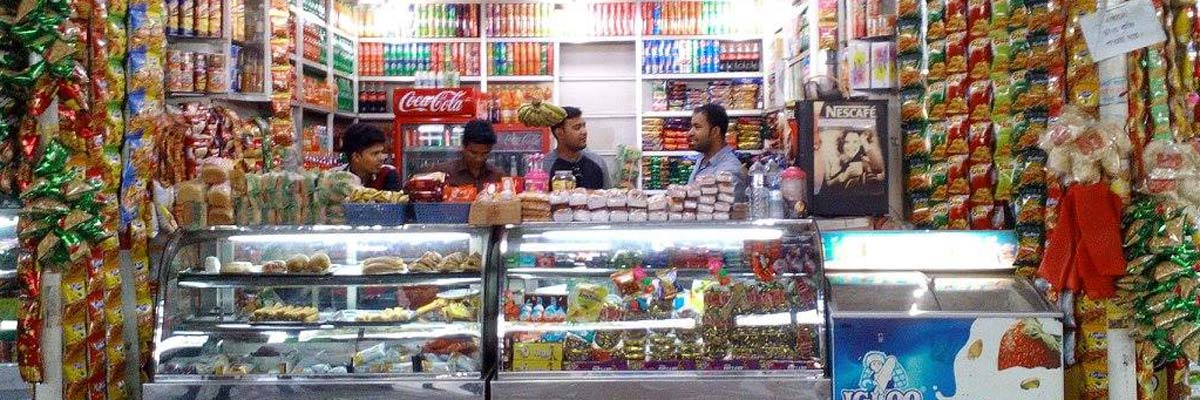| strength | low production cost, no shortage of manpower, high rate of illiteracy, no shortage of water, tax preference, short lead times are possible, production is located in just two hubs – Dhaka and Chittagong |
| weakness | weak infrastructure, road and railway, politically instabil, labour unrest, no raw material (cotton), components (zippers, rivets) need to be imported, shortage of energy supply, code of conduct, compliance, mills concentrate in general on commercial fabrics and less on new developments |
| opportunity | after the Rana Plaza incident, the big factories changed, now they all comply and are certified, |
| threat | political unrest around the election times, strikes, Bangladesh is built on a subduction zone which is under tension, earthquakes – even a very big one – are possible. |
| minimum wage | 8000 tk – 81€ (from September 2018) – before 5300 tk (54€) |
| import regulations | GSP – no duty |
| migration | visa upon arrival |
| mills | Amber Denim, Chittagong Denim, Yogotex, Argon Denim, Nice Denims |
| vertical setups | Nassa, Shasha, Envoy Textiles, Noman Group, Mahmud Group, Soorty BD |
| garment producers | Pacific Jeans, Regency, Kenpark, Tusuka, Islam Garments Ltd., Rio Fashion, Smart Jeans, Mark Wear, Soorty BD, Ananta |
| specials | |
| foreign mills to be considered | Prosperity, Indigo, Kassim, Foison |
| comment | Bangladesh increased its production for Europe to 214,6 Mio in 2017. This is an increase of 53% to 2013 (140,1 Mio jeans). Since 2013 a worker is payed 5300 Taka (63€) per month. Now (september 2018) the minimum salary will be 8000 tk (82€). For the majority of the small and medium sized factories this will be a huge problem and will lead to a price increase. |
denim task force
